Premium Only Content
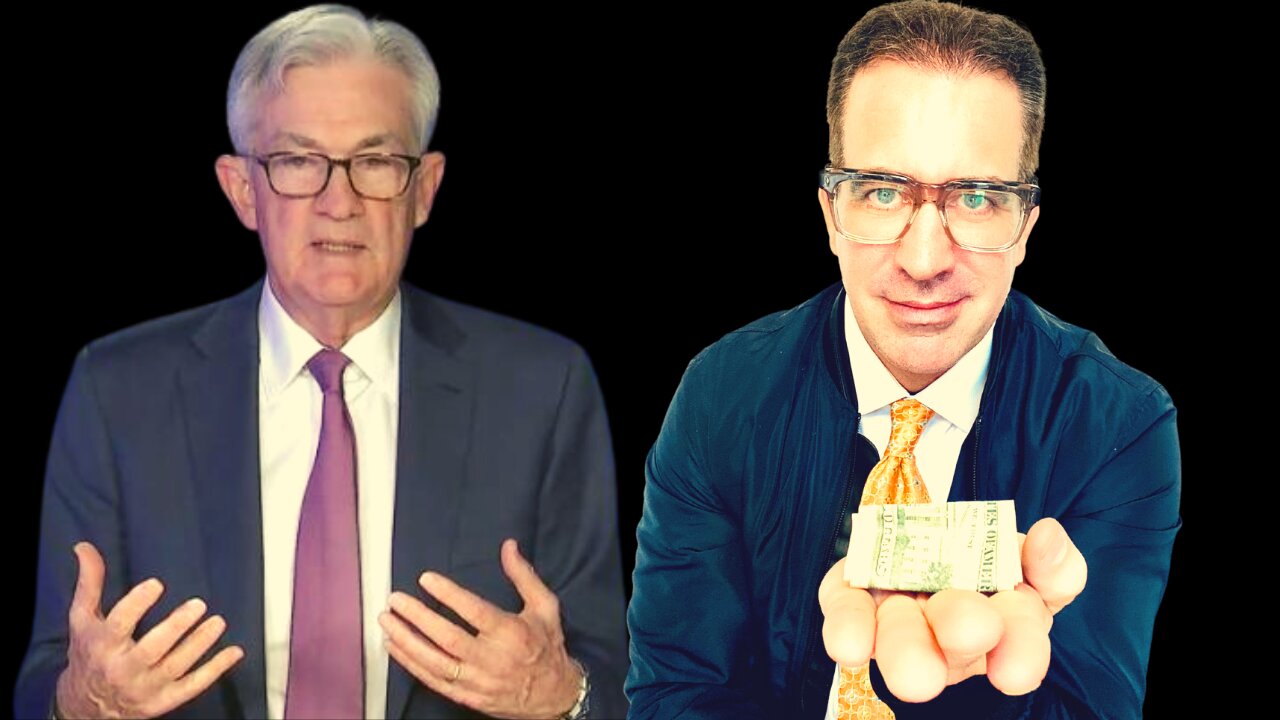
Jerome Powell's Soft Landing
Federal Reserve Chairman Jerome Powell promised last month that a “soft landing,” one with neither a recession nor high unemployment, is in the works. He cited three historic tightening cycles, 1965, 1984, and 1994, when soft landings occurred.
The trucking industry is being decimated! Diesel Gas is over $6.50 per gallon! Causing more supply chain issues. Truckers are quiting. Americans can't put food on the table right now.
Larry Summers has the opposite view: With the labor market this tight, businesses will have to keep increasing wages to attract workers. If the Fed had started hiking rates while more people were unemployed, businesses would have been able to cut wages more easily, but now it will have crater the economy to kill inflation.
A recent working paper co-authored by Summers looks to historical examples. When wage inflation has averaged above 5% and the unemployment rate has averaged below 4% in the same quarter, as it did in the first quarter of 2022, there is a 100% chance of a recession in the next two years.
It all comes down to what’s causing inflation
Summers has argued that the primary cause of excessive inflation is government spending, and the money it has put into consumers' hands.
That’s why Russia’s invasion of Ukraine and chaos in global commodities markets are such a threat to the Fed right now
The US Federal Reserve has fully pivoted to fighting inflation and reducing demand in the economy. The central bank’s open market committee is expected to further tighten interest rates and end purchases of financial assets at meetings starting tomorrow.
That sounds right after prices have increased 8.5% in the last year for the average US consumer, far above the Fed’s target of 2%. Few economists think the Fed shouldn’t tighten monetary policy.
But the Fed is still playing a dangerous game: Its officials want to take enough demand out of the economy to maintain price stability, but if it goes too far, it could send the economy into a recession.
Some analysts think that result is inevitable—in the history of central banking, many attempts to slow the inflation ended in a crash. A recent paper by Harvard economist and current Fed critic Larry Summers suggests that probability could be 100%. Other analysts, at the rating agency Moody’s or megabank Goldman Sachs, put the chance of a near-term recession at around one in three.
Yet, even inside the Fed itself, there’s a hope this time might be different, that our weird semi-post-pandemic economy might provide the right conditions for something we haven’t seen in decades: A soft landing.
Imagine the economy as a hot air balloon. Pump too much energy in, and the balloon goes quite high. To return to the Earth, you need to let some of the hot air cool so you can descend, but if you move down too fast, the results could be catastrophic.
Now, with chair Jay Powell’s hand on the regulator, it’s time to figure out what may keep our balloon from plummeting.
Has there been a soft landing before?
The prototypical tightening cycle is what happened with Fed chair Paul Volcker in the 1980s: To fight rising inflation, he hiked interest rates dramatically, throwing the country into a two-year recession. Farmers famously surrounded the central bank with their tractors in protest.
Has there been a soft landing before?
The prototypical tightening cycle is what happened with Fed chair Paul Volcker in the 1980s: To fight rising inflation, he hiked interest rates dramatically, throwing the country into a two-year recession. Farmers famously surrounded the central bank with their tractors in protest.
But that severe reaction is not a guarantee. Alan Blinder, the Princeton economist, argues that since 1965✎ EditSign, there have been 11 episodes of the Fed tightening interest rates, and seven have been fairly mild, with economic production falling less than 1%. Of the rest, three episodes—notably, the Volcker tightening—were intended as drastic responses to economic conditions. Two other episodes, the most recent, saw recessions following tightening episodes, but arguably from external causes: The 2008 financial crisis and the 2020 pandemic.
Powell is looking to three specific examples, in 1965, 1984, and 1994, when the Fed tightened monetary policy, lowered inflation, and saw no reduction in growth. “It is worth noting that today the economy is very strong and is well-positioned to handle tighter monetary policy,” he said in a March speech.
Perhaps most of all, a soft landing will require luck. The Fed’s monetary policy committee is making its decisions off of imperfect, often month-old data, in a time of rapid global change. The US central bank has faced a brutal recession and an unprecedented recovery, even as trade norms and technology reshape the dynamics of the economy. Maybe it’s due for a break.
-
 13:48
13:48
NONCONFORMING-CONFORMIST
1 year ago $0.01 earnedThe World As We Currently Know Will Change Forever
371 -
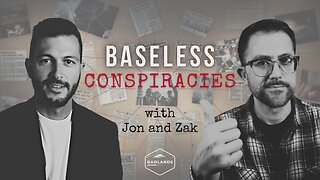 1:47:20
1:47:20
Badlands Media
12 hours agoBaseless Conspiracies Ep. 154: The Death of Kurt Cobain – Murder, Media, and the Cover-Up
32.7K35 -
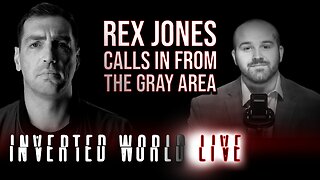 2:04:08
2:04:08
Inverted World Live
6 hours agoRex Jones Calls In From The Gray Area | Ep. 122
30.7K4 -
 5:56:17
5:56:17
Rallied
9 hours ago $2.56 earnedBF6 with THE BOYS
34.9K4 -
 1:05:18
1:05:18
Flyover Conservatives
1 day agoThe SEAL-Turned-CEO Paying Off Millions in Veteran Medical Debt: JOIN THE MISSION! - Bear Handlon, Born Primitive | FOC Show
44.4K4 -
 5:02:21
5:02:21
Drew Hernandez
10 hours agoTRUMP'S GAZA PEACE PLAN PHASE 1 & TRUMP THREATENS PUTIN WITH TOMAHAWKS
27.4K21 -
 1:18:38
1:18:38
Glenn Greenwald
9 hours agoProf. John Mearsheimer on Trump's Knesset Speech, the Israel/Hamas Ceasefire, Russia and Ukraine, and More | SYSTEM UPDATE #530
115K80 -
 2:21:37
2:21:37
Tucker Carlson
7 hours agoAlex Jones Warns of the Globalist Death Cult Fueling the Next Civil War and Rise of the Antichrist
89.7K405 -
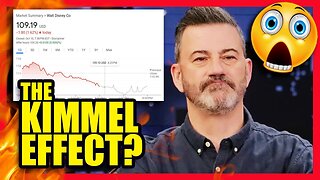 12:35
12:35
Clownfish TV
15 hours agoJimmy Kimmel Return NOT Helping Disney AT ALL! DIS Stock Keeps Falling! | Clownfish TV
40.4K8 -
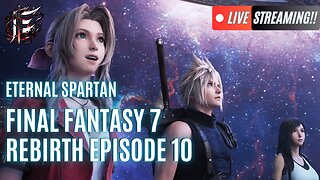 LIVE
LIVE
Eternal_Spartan
9 hours ago🟢 Eternal Spartan Plays Final Fantasy 7 Rebirth Ep. 10 | USMC Vet
699 watching